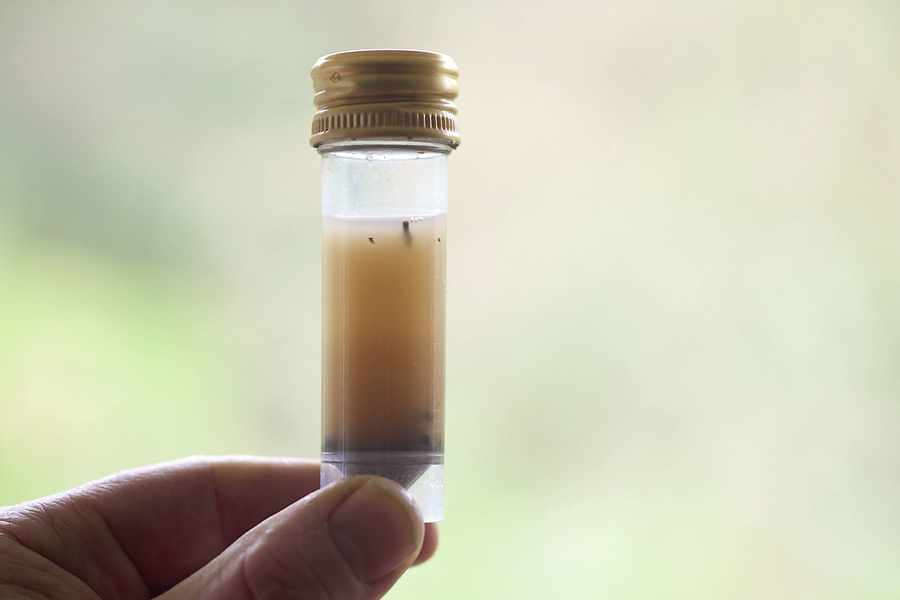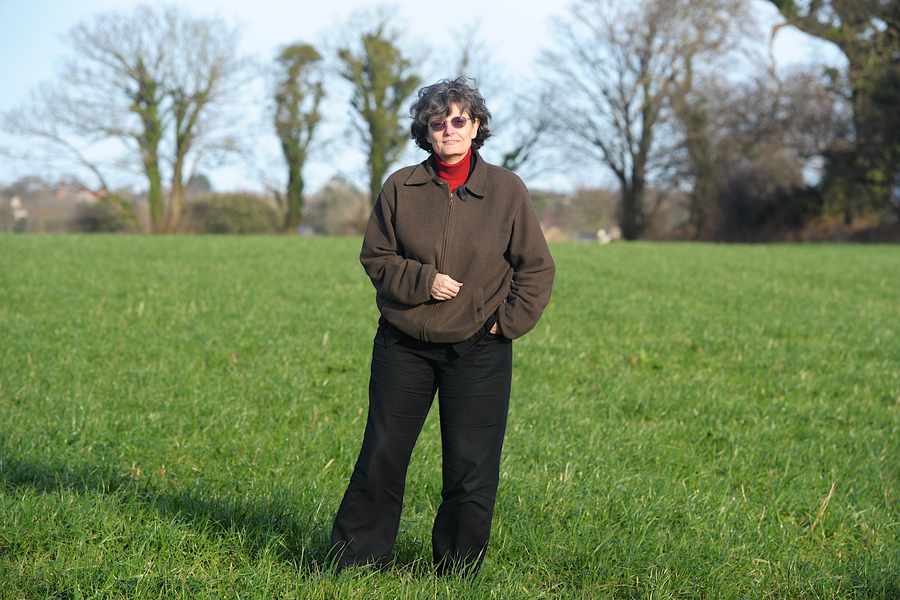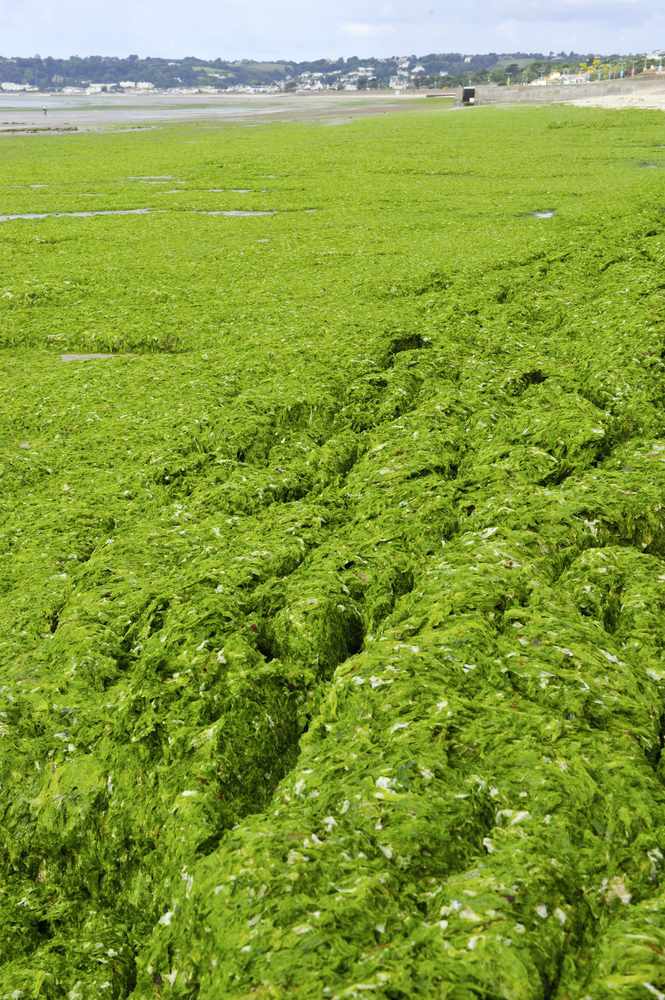Although nitrate levels in the Island’s ground waters have dropped in recent years, as many as 1,700 households who have private water supplies like boreholes are still exposed to drinking water that exceeds EU safety levels.
And now Environment Minister Steve Luce has warned that if nitrate levels do not fall further – and soon – he will be forced to ‘take action’.
Deputy Luce added that efforts to tackle the problem were being stepped up following a partnership between the States, Jersey Water and the Island’s farmers. Representatives of the three bodies have come together to discuss how to tackle the problem.
Their recommendations will form part of two reports that are due to be published later this year – the Rural Economy Strategy and the Water Strategy. Both documents will set out the plan to tackle nitrates, which come from sewage as well as fertilisers and manure applied to the land, from 2016 to 2020.

But Deputy Luce wants action to be taken now and has written to farmers and growers asking them to consider how they can reduce the amount of nitrates they generate by five to ten per cent.
The minister warned that if nitrate levels – which have been blamed for causing the build-up of the sea lettuce that has blighted St Aubin’s Bay – did not decrease quickly, he would have to step in. He has not disclosed what action he would take.
Deputy Luce said: ‘Nitrate levels are not coming down quickly enough and the situation is not sustainable. Private and public drinking water supplies, recreational water use, fisheries and shellfish production, and of course the green weed problem, are all affected by nitrates levels.
‘If we can’t reduce the amount of nitrate in our streams more quickly, I can see a point in the not too distant future when I will have no option other than to take action, and that’s not something I want to do.
‘I’d like to think I have a good working relationship with the farming community, and I am confident that by working together, we can resolve these difficult issues.’
Graham Le Lay, president of the Jersey Farmers Union, said it was not just farmers who could take action to reduce nitrate levels.
‘The Environment Minister can rest assured that the Jersey Farmers Union will continue to encourage and assist farmers in finding ways to reduce nitrate fertiliser use, but would urge him to take immediate steps to make all land users aware that they, too, have to reduce their use of inorganic and organic fertilisers on their allotments, vegetable gardens and lawns.’

THE carpet of green slime which often covers St Aubin’s Bay in the summer months could be gone forever, if an expert soil scientist is proved right.
Dr Elaine Ingham, a US-based academic who specialises in soil microbiology, claims that if Jersey’s farmers stop using chemical to kill pests and promote growth, then the Island will no longer have a problem with sea lettuce.

Currently a combination of a high level of nutrients, warm water and lots of sunshine in the spring causes an ‘algae bloom’ which washes up on our shores throughout the summer, particularly in St Aubin’s Bay.
However Dr Ingham, who is a world-leading authority on the subject of soil science, said the problem could be solved within months.
On a visit to the Island earlier this year she met staff from the Environment Department as well as environmental groups and farmers, and advised them how to fix the problem by returning the soil to its natural state.
Speaking after the meetings Dr Ingham, whose visit was paid for by the Jersey in Transition Group, which has an ecology group interested in soil, said: ‘All people have to do is step away from the existing paradigms, and we are trying to get people to do that.
‘Conventional chemical use has been the approach for the last 100 years and we have got to move away from that. I have been doing this in enough places around the world to know that it is clear that Jersey can deal with this problem.’
She agrees with the widely held belief in the Island that the sea lettuce has been mostly caused by nutrients leaching from farms, as well as from sewage released into the bay.






